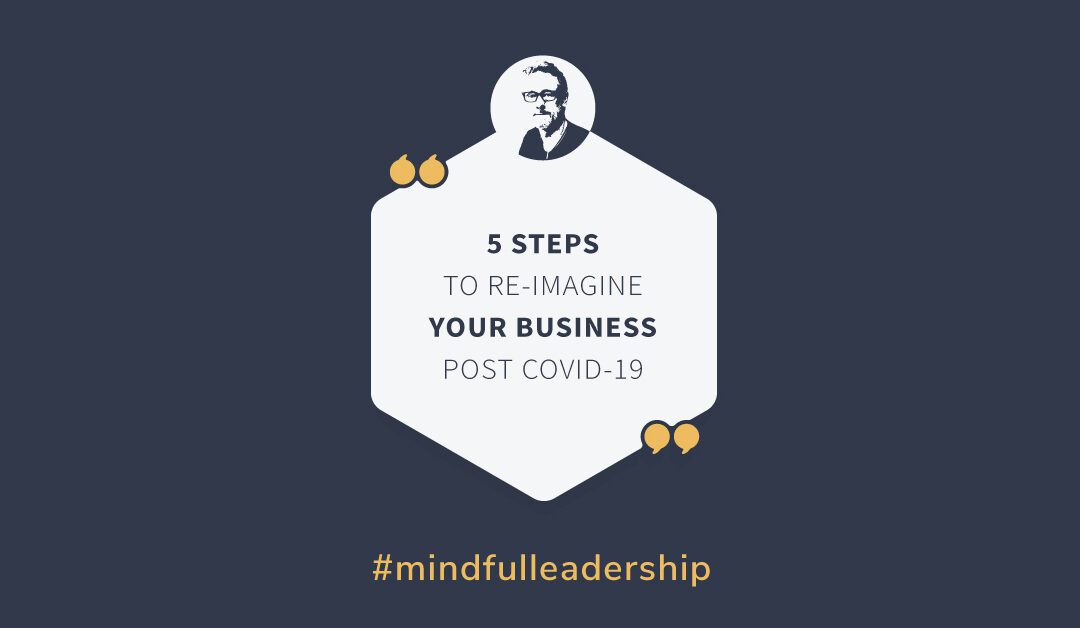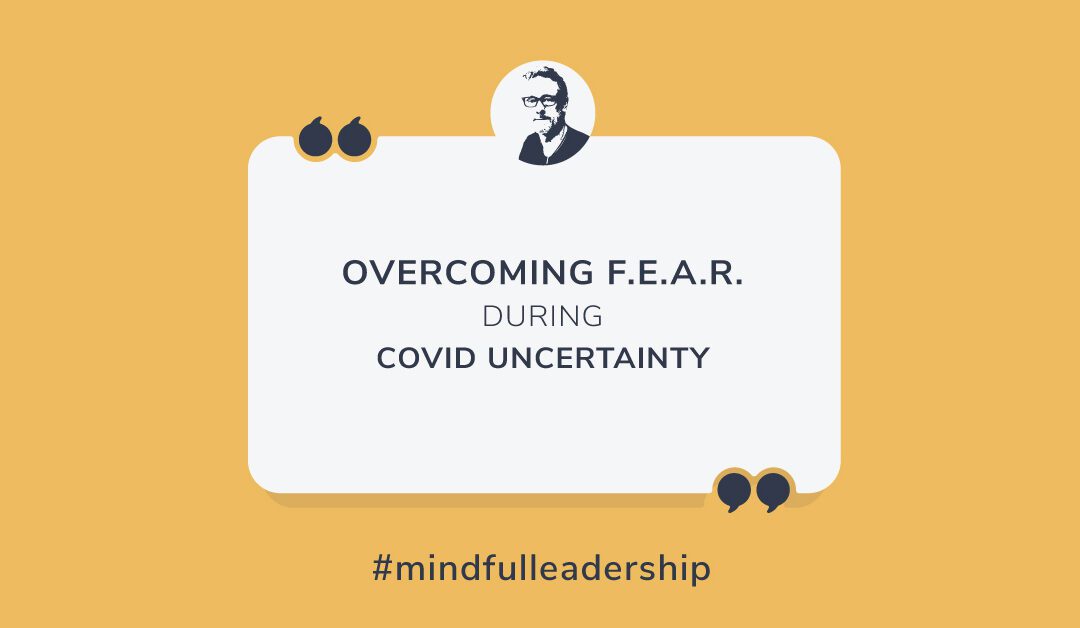
4 Tips to Proactively Address the Stress of COVID-19
4 Tips to Proactively Address the Stress of COVID-19
 By Grant Ian Gamble | June 3, 2020
By Grant Ian Gamble | June 3, 2020
Grant Ian Gamble is a business growth consultant, author and keynote speaker. He works in a broad array of industries helping companies build teams, navigate change and drive growth.
A good friend of mine expressed how overwhelmed she felt amid all the upheaval of the COVID-19 pandemic. Like many of us, I feel her pain.
Stress levels across the globe are rising to epidemic proportions and long after COVID-19’s debris is trailing in our wake, there’ll be residual side effects of COVID-19 from stress itself.
Well after the dust from 9/11 had settled in the Financial District of NYC, stress continued to take its toll on people affected by this event, directly and indirectly. Health officials have struggled to quantify the exact impact of stress and PTSD post 9/11, but it is a given that it’s in the hundreds of thousands of people.
When we look at the all-pervasive nature of the COVID-19 pandemic, it is clear that the global residual effect from stress and PTSD will be in the millions, if not the hundreds of millions. Everyone from health care workers through to the now unemployed are under unprecedented stress.
Until we find our ‘new norm,’ the impact of stress from the pandemic will continue to climb and manifest in various forms, ranging from anxiety to PTSD.

We do have a choice though.
How you choose to view the potential impact of stress on your health has a synergistic relationship with the actual impact you may see from stress-related illness.
In other words, your perception of how stress will affect your health is a more reliable predictor of the actual manifestation of health-related issues from stress.
This assertion was documented in a study by the National Center for Health Statistics of almost 29,000 respondents. The survey examined levels of stress and respondents’ perception of how that stress impacted their health.
In this study, those respondents that reported a lot of stress, AND perceived that stress had a major impact on their health had a 43% increased risk of premature death. Whereas, those respondents that reported a lot of stress, BUT perceived that stress did not have a major impact on their health had similar premature death rates to those reporting low stress levels.
Based on this study, having a positive belief in your ability to control your health outcomes and taking proactive steps to reduce the impact of stress, is far more likely to lead to better health outcomes.
So, what are some of the things you can do to re-frame and reduce the stress you’re feeling around this ground shaking, mind altering, upside down universe we live in at present?
4 Tips to Proactively Address the Stress of COVID-19
1. GO OUTSIDE
I spoke in a previous blog about getting outside, in the fresh air. That’s a great start! Get out in the woods, out on the beach, up in the mountains, down and dirty in the garden, or in your local green space. Take your shoes off and do a Richard Gere (see “Pretty Woman” – park scene). It will do you and your immune system a world of good!
2. PRACTICE MINDFUL BREATHING
I have also spoken about breathing and as critical as that is for obvious reasons, mindful breathing has been clinically proven to be able to reduce stress wherever you are. Whether it’s the Wim Hof Method, or the Navy SEAL’s Box breathing technique, breath work can have a significant and immediate impact on the Autonomic Nervous System which controls your response to stress.
3. PRACTICE MEDITATION OR TAKE QUIET TIME
Maybe take some quiet time to contemplate nothing, AKA meditation. The science around the positive impact of this ancient tradition on stress abounds. If that’s not your bag, why not take some quiet time to contemplate good things. Positive things in your life, things to be grateful for, things to look forward to. Either way, when you step back from the pressures of this abnormal state we find ourselves in, we may pull back far enough to look down on all the fuss and realize that it too shall pass.
4. PRACTICE HAVING A POSITIVE MINDSET
Based on this study, probably the most important thing we can do is to be positive about how this will ultimately impact our health. And this positive mental attitude can be underwritten by positive actions that we take, like eating well, exercising and taking good care of ourselves and our loved ones.
For most of us, the silver lining in all of this stress-induced tension is that we’re around close friends and family more than many of us have experienced in a long time.
Get out those rose-colored glasses and see these opportunities to spend time together for what they are: opportunities.
And while you’re at it, marvel at how your body defends itself; how it heals and rejuvenates itself; how resilient your body can be in the face of all this turmoil and upheaval.
The very knowledge that we can actually dictate the course that stress will take in our lives gives us the ability to step back, take a calming breath and realize that we are ultimately in control of our destiny, and always have been.
Other Articles to Help You Through Uncertain Times:
-
Strategies to Follow as You Re-Open or Re-Imagine Your Business in the New COVID-19 Reality
-
5 Steps to Re-Imagine Your Business Post COVID-19
-
How to Transcend Troubling Times
-
Change Management During Uncertain Times
-
26 Non-Negotiables, Opportunities & Tips for Surviving and Thriving During and After the COVID-19 Pandemic
-
30 Business Sectors That Are Booming During the COVID-19 Pandemic
-
Overcoming F.E.A.R. During COVID Uncertainty
-
Virtual Training During and Beyond COVID-19
-
Virtual Stand-Up: A Simple Communication Tool for You and Your Team During COVID
-
13 Tips to Help Your Business Survive the Coronavirus Pandemic
Fill out the form below and receive a PDF download of "6 Key Strategies to Engage Untapped Fitness and Wellness Market Segments"
Let's Connect!
CUSTOMER EXPERIENCE, TEAM ENGAGEMENT & WORKPLACE WELL-BEING: AFFINITY OS™ | WELLNESS INTEGRATION | MINDFUL LEADERSHIP: "THE AFFINITY PRINCIPLE"
0475 866 592

The Affinity Principle™ by Grant Gamble presents a formula for business success through a people-centric, mindful leadership approach.
PEOPLE FIRST, ALWAYS.
















 The acronym for F.E.A.R. is False Evidence Appearing Real.
The acronym for F.E.A.R. is False Evidence Appearing Real. 
